
Partnering Intelligence
Creating Value for Your Business by Building Strong Alliances
Recommendation
If you always thought that a partnership is based on instinct, friendship and a bit of good bookkeeping, think again. The keys to creating a successful partnership are a little more complex, according to author Stephen M. Dent who enumerates the qualities that make both internal and external partnerships successful. This process involves understanding the stages of relationship development and partnership development, as well as creating a past/future orientation. Dent discusses how to assess, explore, initiate and make commitments to create a strong partnership, and offers charts, checklists, and illustrations to help you at each stage. He also supplies a few case studies as examples of the process and to substantiate the value of creating solid partnerships. getAbstract recommends this hands-on book to anyone weighing a prospective partnership, or working to make a good partnership better or a bad partnership tolerable
Summary
About the Author
Stephen M. Dent is the founding partner of The Partnership Continuum, a consulting firm based in Minneapolis. He has won awards as an organizational consultant. He has trained thousands of managers, executives and consultants through workshops, speeches and nearly 20 years of experience working with clients such as AT&T, Northwest Airlines, GE Capital Services, the U.S. Postal Service and U.S. West Communications.









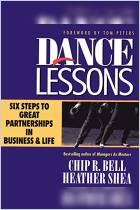

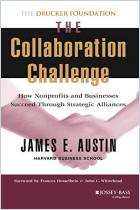
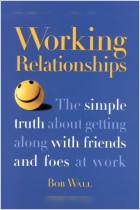
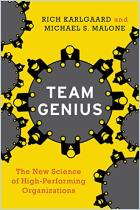
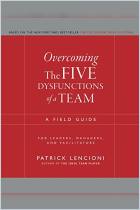




Comment on this summary or 开始讨论